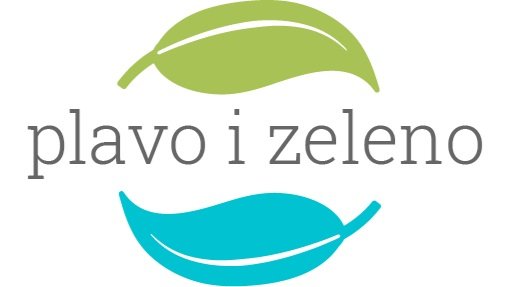Representing non human world in activism
📷 Sanda Hržić
Tekst je nastao kao rezime predavanja održanog u okviru Letnje aktivizma letnje škole aktivizma za životnu sredinu (nosilac IPSIA iz BiH, partneri Volonterski centar Vojvodine i GAIA).
When there is a dialogue about ecology and sustainability - from whichever angle: urbanism, culture, environmentalism, economy, energy transition…. - I have noticed that persistently one voice is missing, it is ignored, it is not represented: the voice of the non-human world. We are regularly the only species mentioned, represented: our future, our rights, our problems, our health, our wealth, our resources…. All the other beings - their rights, their influence, their contribution, their beauty, their health - are constantly being ignored. How can we work on improvement of nature protection, water quality, food production, air pollution, microplastic pollution, zero waste… without ignoring the presence and importance of the precious non-human world? All the ferns and dandelions, oaks and birch trees, moulds and ants, frogs and deers, wolves and kestrels… beings known and unknown to us. How can we tell the whole story if only one species is represented? How can we make right changes and find good solutions if we are not perceiving a huge part of the reality, if we are not considering it at all? How can we learn to step out of our anthropocentrism, our speciesism?
📷 Miloš Manić Stara planina
For example, when we speak about microplastic pollution and its destructive influence on the health of many generations, we are thinking and taking into consideration, we are mentioning, only the health of present and future beings of our species. Or, another example: beings who are actively and continuously producing oxygen and providing life on this planet - they are not receiving our gratitude or protection and support. We are not thinking about old forests or about plankton and whales that are together creating a tremendous amount of oxygen on our planet (almost 50%) - but they still continue to do so.
There is a whole network of life that we are not seeing and not participating in. So it is actually about perception: what we do not perceive, does not exist for us. It is still there, but we are not aware of it. And what does not exist we do not have a relationship with. And what we do not have a relationship with we do not care about, we do not protect, we do not fight for, we do not enjoy the beauty of it. And not seeing something is actually not neutral. Ignoring something that is alive is same as hurting it. When we ignore something or someone who is alive, we are hurting that, it is a destructive activity.
The language that we use treats the natural world as a thing, matter, resource, as something to be used and governed, dominated… not as something alive, something that feels pain and joy and something that wants to live, just like we do. There is a question of otherness of the natural world, mystery of it, all the things we cannot even imagine. Can we, without humanising the natural world, without projecting our own values and characteristics on it, can we still find the way to respect it, recognise its right to live and thrive?
We view the world as a sum of fragmented, isolated pieces. We regularly fail to perceive the relationships, the connectedness of it all. It is also important that we regularly deny the fact that rivers, linden trees, wild bees, cows, fungi, wheat - it is all alive. We are a part of, we belong to a dynamic, living network. When we do something it always affects hundreds and thousands of beings throughout space and time. That is where many of our problems emerge: we think that we can separate things. Nothing exists separatly. We, at every moment of our life, are part of a living dynamic system. Everything that we do is linked with everything that exists.
As an activist: check your perception, check your storyline - are numerous other beings represented in your agenda or does it all begin and end with only one species, yours? Being a city planner, trying to plan better, resilient cities or being a farmer, trying to grow food in a just and regenerative way, or being an activist fighting for cleaner air, or fighting for climate justice … ask yourself: how can we all start perceiving better, how can we deepen our relationship with the non-human world, how can we be in an intimate relationship with the living world, world that is alive, and how can we then give voice and rights to the living network that supports all Life, including ours.
autorka: Milja Vuković


